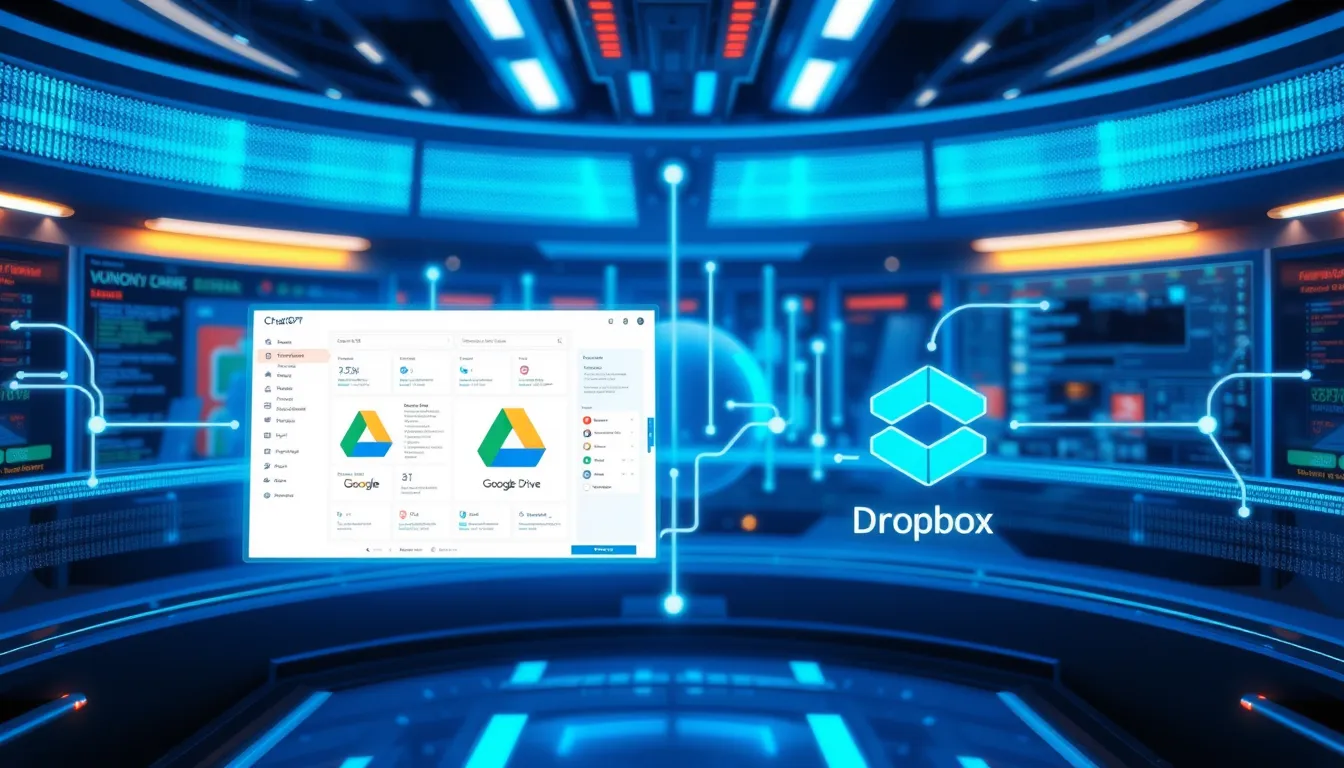Now Reading: Powerful AI in Healthcare Diagnostics: Enhancing Patient Outcomes
-
01
Powerful AI in Healthcare Diagnostics: Enhancing Patient Outcomes
Powerful AI in Healthcare Diagnostics: Enhancing Patient Outcomes

Powerful AI in Healthcare Diagnostics: Enhancing Patient Outcomes
Introduction
Artificial Intelligence (AI) has become a transformative force in the medical field, especially in the realm of healthcare diagnostics. By integrating advanced algorithms and machine learning techniques, AI in healthcare diagnostics is revolutionizing the way clinicians interpret data. This technology not only improves diagnostic accuracy but also streamlines the entire patient care process. As the global demand for improved healthcare rises, understanding how AI works in diagnostics is essential for both medical professionals and patients alike.
The Impact of AI in Healthcare Diagnostics
AI in healthcare diagnostics plays a pivotal role in modern medicine by enhancing several key components:
- Increased accuracy through deep learning algorithms
- Faster analysis of medical images
- Early detection of diseases
- Improved disease prediction
These benefits are leading to a significant shift in the diagnostic process. Medical imaging, lab tests, and patient history analysis all see improvements thanks to AI technologies. Health systems that integrate these solutions are now better equipped to offer timely and accurate diagnoses, which is particularly beneficial in time-sensitive conditions.
How AI Improves Diagnostic Accuracy
One of the most compelling benefits of AI in healthcare diagnostics is its ability to improve diagnostic accuracy. By analyzing large datasets, AI systems detect patterns that might be overlooked by the human eye. For instance, in radiology, AI tools are used to evaluate X-rays and MRI scans to identify subtle abnormalities in tissues. The efficiency of these systems reduces the risk of human error, ensuring patients receive faster and more reliable diagnoses.
Key components of this enhanced accuracy include:
- Advanced machine learning algorithms that learn from vast datasets
- Real-time analysis that speeds up decision-making during emergencies
- Integration with electronic health records (EHRs) to provide a comprehensive view of patient history
For more detailed insights into radiology innovations, readers can visit the Radiological Society of North America (RSNA).
AI in Medical Imaging and Disease Prediction
The application of AI in healthcare diagnostics extends significantly into the field of medical imaging. AI systems have the capability to analyze images with great precision, thereby expediting the detection process of various conditions. The focus keyword, AI in healthcare diagnostics, is evident in these technology-driven advancements, as it helps predict diseases even before symptoms fully develop. This predictive power not only saves time but also has the potential to save lives.
At the forefront of these advancements, research institutions continue to innovate. For example, DeepMind, an AI-focused company now part of Google Health, showcases how deep learning models can assist radiologists in faster and more accurate image interpretation. Although proprietary, such initiatives highlight the growing trust and reliance on AI in healthcare diagnostics.
Benefits Beyond Accuracy
AI in healthcare diagnostics delivers multiple benefits that go beyond improving the precision of diagnoses:
- Enhanced patient care and outcomes
- Reduction of unnecessary diagnostic procedures
- Cost efficiency over time
- Support for medical professionals by handling routine diagnostic tasks
Moreover, AI enables more personalized treatment plans by integrating data from diverse medical tests. In an era where personalized medicine is becoming the norm, this innovative approach offers not only better diagnostic measures but also tailored patient care strategies.
Addressing the Challenges and Looking Forward
Despite its promising outlook, AI in healthcare diagnostics faces some challenges. Data privacy and security remain significant concerns, as sensitive patient information must be handled with the greatest care. Additionally, the transition from traditional diagnostic methods to AI-powered systems requires substantial investment and training for medical staff.
To address these challenges, healthcare institutions are adopting comprehensive guidelines and regulations to ensure data protection and proper usage of AI. Collaboration between tech companies and medical professionals is key to overcoming these hurdles. Entities like OpenAI are also contributing expert insights into ethical AI practices, which further supports the need for transparency in healthcare diagnostics.
Conclusion
In conclusion, the integration of AI in healthcare diagnostics represents a revolutionary change in how medical professionals approach patient care. From enhancing diagnostic accuracy to streamlining patient management and predicting diseases at an early stage, the positive impact is undeniable. As research and development continue, the potential of AI in healthcare diagnostics will only grow stronger, making it a cornerstone in the future of medical diagnostics. The journey toward a more efficient, accurate, and patient-friendly healthcare system has truly begun.
By understanding and harnessing the power of AI in healthcare diagnostics, stakeholders can improve clinical outcomes and set new standards for medical excellence. The fusion of technology with traditional healthcare practices is not merely a trend—it’s an evolution that promises to redefine modern medicine.
This comprehensive review of AI in healthcare diagnostics underscores its transformative role and encourages healthcare providers to adopt these innovative tools. As we advance, continuous learning, investment in technology, and collaboration across professional boundaries will ensure that AI remains a valued asset in the quest for improved healthcare delivery.
Overall, embracing AI in healthcare diagnostics is a significant step forward in a journey toward better patient care, more precise diagnostics, and ultimately, improved global health standards.

























